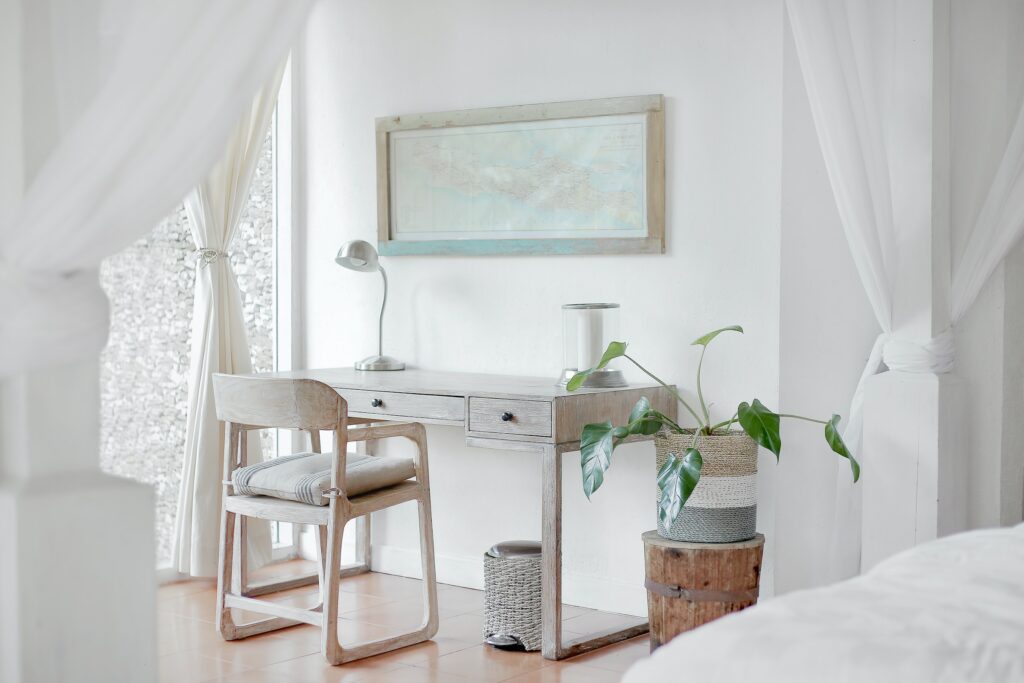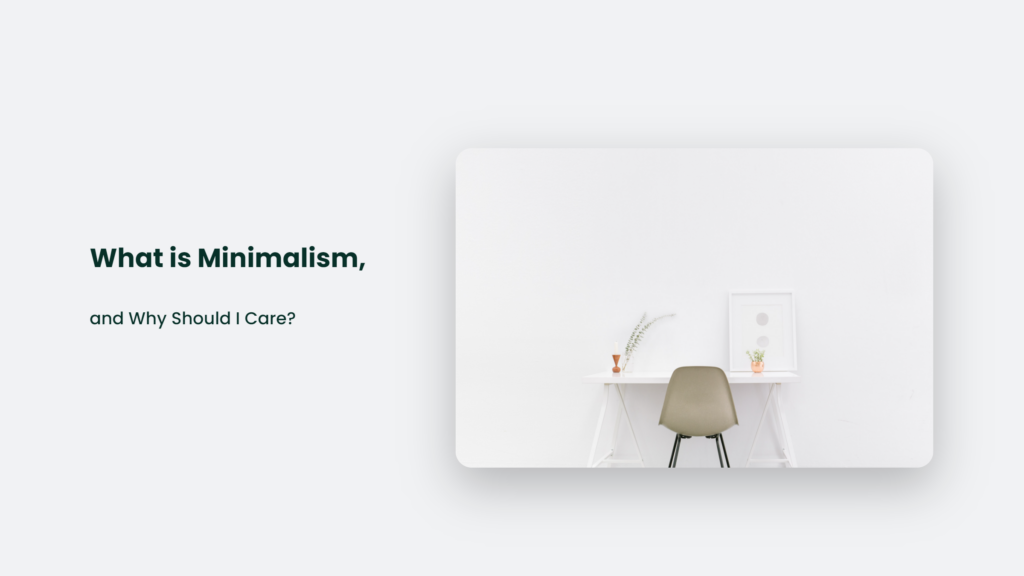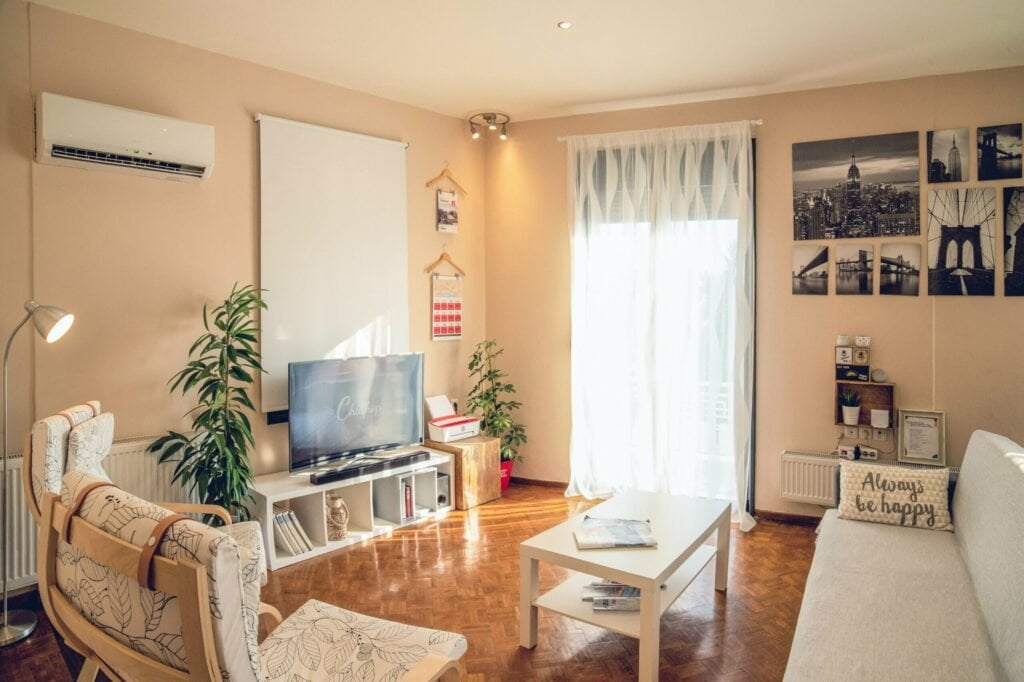

What is Minimalism, and Why Should I Care?

As Seen On
Minimalism. It’s one of those buzzwords that gets thrown around often. People talk about having a “minimalist lifestyle” or designing things with “minimalist aesthetics.” Heck, there are even minimalist memes.
But what does minimalism actually mean? And why does it matter?
In this post, I will discuss minimalism’s history and philosophy. I’ll share why it’s growing in popularity. And I’ll give you some practical tips on incorporating minimalism into your life (if you want to).
Let’s dive in.

What is Minimalism: A Brief History
Minimalism has its origins in the visual arts. In the 1960s, artists like Donald Judd, Sol LeWitt, and Agnes Martin spearheaded the minimalist art movement in New York City.
These artists rejected the complexity and emotional angst of abstract expressionism. Instead, they focused on simplicity, repetition, and minimal shapes and colours.
Think of large blank canvases or geometric sculptures.
Minimalist architecture also emerged around this time. Architects like Ludwig Mies van der Rohe and John Pawson designed buildings with open space, clean lines, and a lack of decoration. Glass, steel, and concrete were common materials.
So, in visual and architectural terms, minimalism is all about stripping things down to their most basic, essential elements.
The Philosophy Behind Minimalism
Minimalism is often misconceived as some depriving, joyless lifestyle of self-denial. But in reality, minimalism is about intentionality and purpose.
The goal is not to own as little as possible. It’s only to own things you find useful, meaningful, or beautiful—quality over quantity.
Minimalists focus on living with less stuff to make room for more meaningful experiences. It’s about decluttering your physical space and your mental space.
Freedom, focus, and fulfilment are central tenets. Minimalism helps reduce distractions so you can spend time on what’s truly important.
Why Minimalism is Gaining Popularity
These days, minimalism is exploding in popularity. Millennials and Gen Zers, in particular, are drawn to its principles.
There are a few reasons for this:
- Sustainability: Younger generations care deeply about reducing their environmental impact. Minimalism helps cut back on overconsumption and waste.
- Authenticity: Minimalism represents a move away from superficial mass consumerism and constant social comparisons. It’s about living authentically.
- Digital overload: We’re overwhelmed by distractions from our devices and social media. Minimalism provides a respite.
- Financial freedom: Minimalism encourages living below your means. It frees up money that can be invested or used to pursue dreams.
- Work-life balance: Minimalism helps people focus on what’s truly fulfilling, including relationships, hobbies, passion projects, and rest.
In an increasingly complex and chaotic world, minimalism represents simplicity, mindfulness, and purpose. That understandably resonates with many people today.
How to Incorporate Minimalism Into Your Life
Curious about trying out minimalism for yourself? Here are some practical ways to get started:
Declutter your home
Go through each room and remove stuff you don’t use, need, or love. Be ruthless. Donate, sell, or recycle what you can.
Streamline your wardrobe
Keep only clothes you feel great wearing. Ditch items that are worn out don’t fit well, or you never wear. Stick to a cohesive colour palette.
Cut down on tech and subscriptions
Audit digital subscriptions and delete unused apps. Disable notifications. Schedule tech-free blocks.
Practice mindful consumption
Pause before purchases. Ask yourself if you really need or love the item. Opt for reusable, ethical products.
Say no to clutter
Refuse junk mail, promotional swag, and impulse purchases. Give experiences instead of physical gifts.
Simplify your schedule
Block out time for what energizes you. Cut back on nonessential commitments. Value rest.
Frequently Asked Questions:
What are the benefits of minimalism?
Some benefits of minimalism include:
– More freedom, less stress, and increased focus since you remove distractions
– Saving money by not overconsuming and impulse buying
– Sustainability from generating less waste
More time for relationships, hobbies, passion projects that energize you
Isn’t minimalism about depriving yourself?
No, minimalism is not about deprivation or denial. It’s about mindfully choosing to surround yourself with only belongings that align with your values and priorities. Getting rid of excess clutter makes room for what matters most to you.
How do I become a minimalist?
Start small. Go through each room and declutter items you don’t use, need, or love. Avoid buying on impulse. Stick to reusable, ethical products. Block out time for what energizes you. Cut back on nonessential commitments. Keep only clothes you feel great in.
The Joy of Living with Less
Minimalism isn’t about depriving yourself or conforming to rigid rules. It’s about mindfully choosing a lifestyle aligned with your true priorities and values.
When you clear out clutter, you make room for the things and people that matter most. You reduce stress and focus your energy. You gain freedom and flexibility.
Give it a try. Like many others, you may find that less is truly more.
What are your thoughts on minimalism? Have you incorporated any aspects of it into your life? Let me know in the comments!
Gracie Jones
Up until working with Casey, we had only had poor to mediocre experiences outsourcing work to agencies. Casey & the team at CJ&CO are the exception to the rule.
Communication was beyond great, his understanding of our vision was phenomenal, and instead of needing babysitting like the other agencies we worked with, he was not only completely dependable but also gave us sound suggestions on how to get better results, at the risk of us not needing him for the initial job we requested (absolute gem).
This has truly been the first time we worked with someone outside of our business that quickly grasped our vision, and that I could completely forget about and would still deliver above expectations.
I honestly can’t wait to work in many more projects together!
Disclaimer
*The information this blog provides is for general informational purposes only and is not intended as financial or professional advice. The information may not reflect current developments and may be changed or updated without notice. Any opinions expressed on this blog are the author’s own and do not necessarily reflect the views of the author’s employer or any other organization. You should not act or rely on any information contained in this blog without first seeking the advice of a professional. No representation or warranty, express or implied, is made as to the accuracy or completeness of the information contained in this blog. The author and affiliated parties assume no liability for any errors or omissions.

